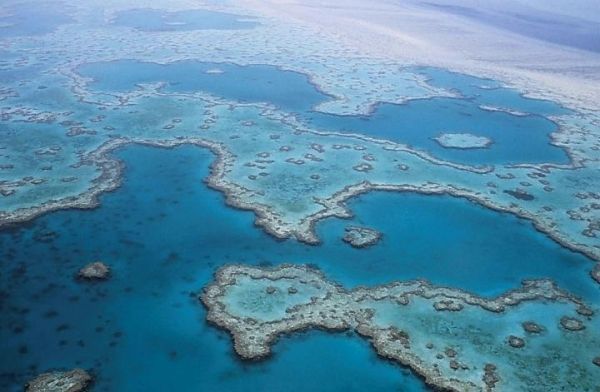A landmark international study, recently published in Nature Geoscience, shows that the Great Barrier Reef has suffered 5 death events in the last 30,000 years. The groundbreaking study of the world’s largest reef system, involving the participation of Juan Carlos Braga Alarcón, a Full Professor at the UGR’s Department of Stratigraphy and Palaeontology, reveals that these events were driven mostly by variations in sea level and associated environmental changes.
The importance of the study cannot be overstated, as the project is the first of its kind to reconstruct the evolution of the reef over the last 30 millennia in response to large-scale, abrupt environmental changes. The research findings indicate that the reef adapted to these dramatic changes by migrating up and down the sea floor as the sea level rose and fell.
To obtain comprehensive geomorphic, sedimentological, biological and dating information, scientists deployed underwater sonar to map the seafloor and extracted fossil reef cores at 16 locations. Overall, the research demonstrates that the reef adapted to major environmental changes such as sea level and water temperature rise more effectively than previously thought. However, the study also sheds light on the reef’s high sensitivity to sediment input and poor water quality.
Read more at University of Granada
Image: A landmark international study, recently published in Nature Geoscience, shows that the Great Barrier Reef has suffered 5 death events in the last 30,000 years. The groundbreaking study of the world's largest reef system, involving the participation of Juan Carlos Braga Alarcón, a Full Professor at the UGR's Department of Stratigraphy and Palaeontology, reveals that these events were driven mostly by variations in sea level and associated environmental changes. (Credit: University of Granada)


